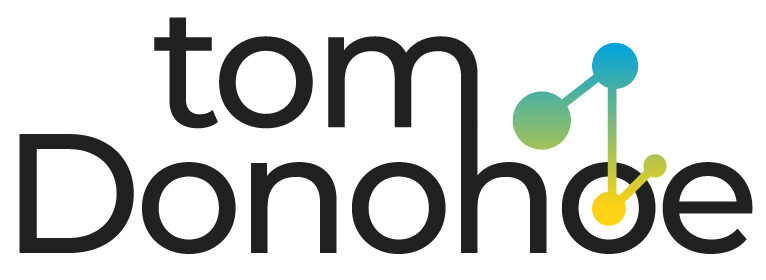The Complete On-Page Seo Checklist 2022

You need to do on-page SEO to rank your website higher on organic search results. It optimizes your website’s content to increase its rank in search queries. You have complete control over the on-page SEO process and can use it to improve the performance of your pages. This complete list of Onpage SEO factors is necessary to increase the visibility of your website.
Ensure Your Title Tag Has Your Keyword
Your targeted keyword should be in your title tag. The title tag is an important factor on the page. Keywords in it or very close to them give it weightage when search engines use it. The title tag should not be shorter than 50-60 characters to ensure that it does not appear in search results.
Modifiers are Important for Your Title
Your rankings will be improved by adding modifiers to your title. Examples include “best”, fast”, simple, easy, quick and others. You can use “updated”, the best, and the current year to relaunch blog posts. These modifiers can also increase your CTR (click-through rate).
Use SEO-Friendly URLs
SEO-friendly URLs are an important factor in on-page SEO. The URLs for web pages should be concise and contain the target keyword at the beginning. Search results will rank shorter URLs higher than those with long URLs.
Use Of Images
Images should be included on every page. Interactive content such as images, videos and other multimedia can increase user engagement, increasing site time. This helps reduce bounce rates. Images can also provide space between the two sets of contents. The file name can include the target keyword and the alt-tag property of the image. Original images are better than stock images if you can. They will also help your website rank higher in organic search results.
Use of appropriate size images
To speed up page loading speeds, resize images accordingly. Search rankings are affected by quick page loads. Google’s Lighthouse tool can be used to identify large images that may slow down your page load speed. You can have them resized to speed up page load speeds.
Keyword Use at the Start of the Content
This is an important part of the on-page SEO checklist. To rank higher in organic search results, use the target keyword within 100 words.
Use LSI keywords
In your content, use LSI keywords (Latent Semantic Indexing). LSI keywords are words related to the target keyword. This allows search engines to understand your content better and rank it higher.
Outbound Links
Include quality outbound links within your content. You can associate your website with other high-quality content outside your site and make your website a hub for quality and relevant information. Your page rank improves when search engines can understand the content of your website.
Internal Links
On-page SEO factors also require internal links. This helps search engines understand and index your pages. Each article you publish should have 2 to 3 links. The anchor text should contain the keyword relevant to the page it directs.
Optimize Long-form Content
Your articles and blog posts should contain at least 800 words to 1200 words of content. This allows you to use longtail and target keywords in your content, improving your website’s organic search rankings.





